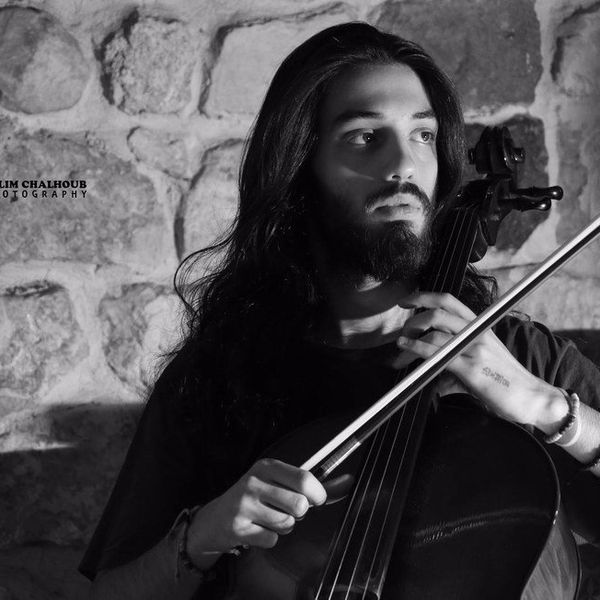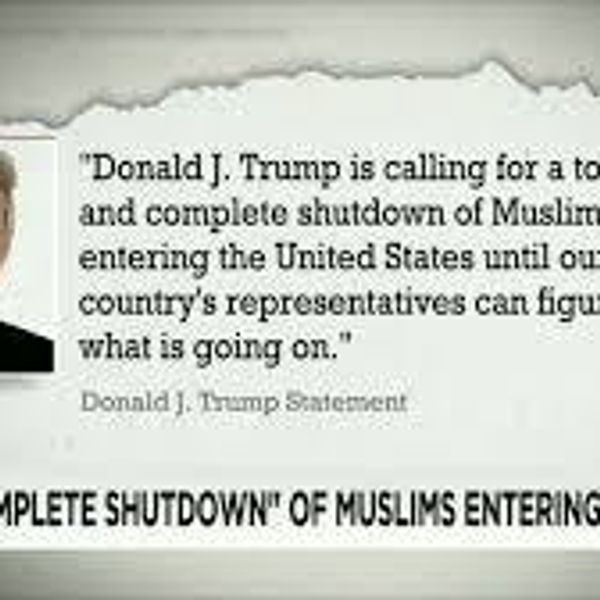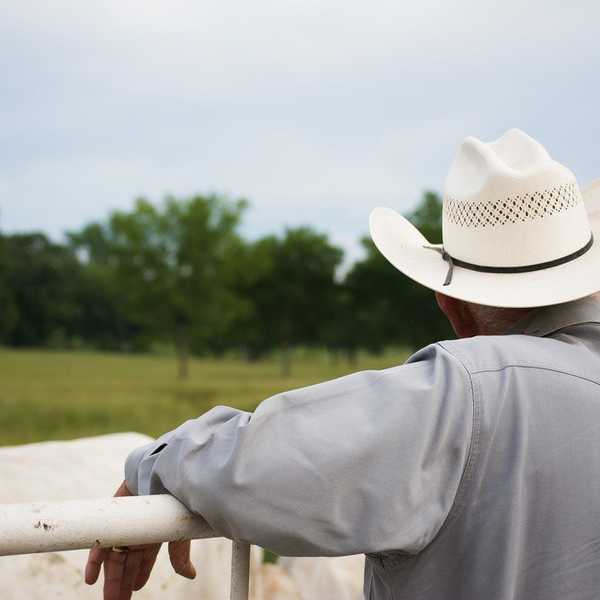On February 8th, Rukmini Callimachi, New York Times Correspondent who focuses on al-Qaeda and ISIS, learned of the reaction that ISIL had to Donald Trump's travel ban. The group gave the name of الحظر المبارك to the ban, this translates to the "blessed ban".
Callimachi stated she has been reporting from eastern Mosul, Iraq. She states that ISIL has been openly celebrating the ban as a victory over America. The extremist group sees this as further confirmation that the West is at war with Islam. This ban is only more propaganda to be used to recruit new members and fuel the hate of other members within ISIL.
Callimachi talked to a man in Western Mosul, she says "ISIS, according to this resident of Western Mosul, thinks their terror tactic worked. They frightened the most powerful man in the world." This is mostly true, the French are considering building a wall around the Eiffel Tower and the US has implemented a ban on immigrants from certain countries, seemingly based on religion.
The travel ban affects Syria, Iraq, Iran, Yemen, Sudan, Somalia and Libya. However, the Institute for Economics and Peace conducted a study to determine the countries of ISIL fighter's origins in 2015. The results are interesting when compared to the countries Trump has banned. The study shows that these fighters are not from Yemen, Sudan or Somalia and there is only a small number from Libya. Why then would the ban not be concerned with Tunisia, Saudi Arabia and Russia who were the top three countries on the list?
The "blessed ban" and other walls that have been put up to stop these extremists are only fueling the movement. Callimachi states that ISIL's language like that used by Abu Musab al-Zarqawi, the founder of ISIL's predecessor group Al Qaeda in Iraq. Zarqawi named America's 2003 invasion of Iraq "the Blessed Invasion."





















